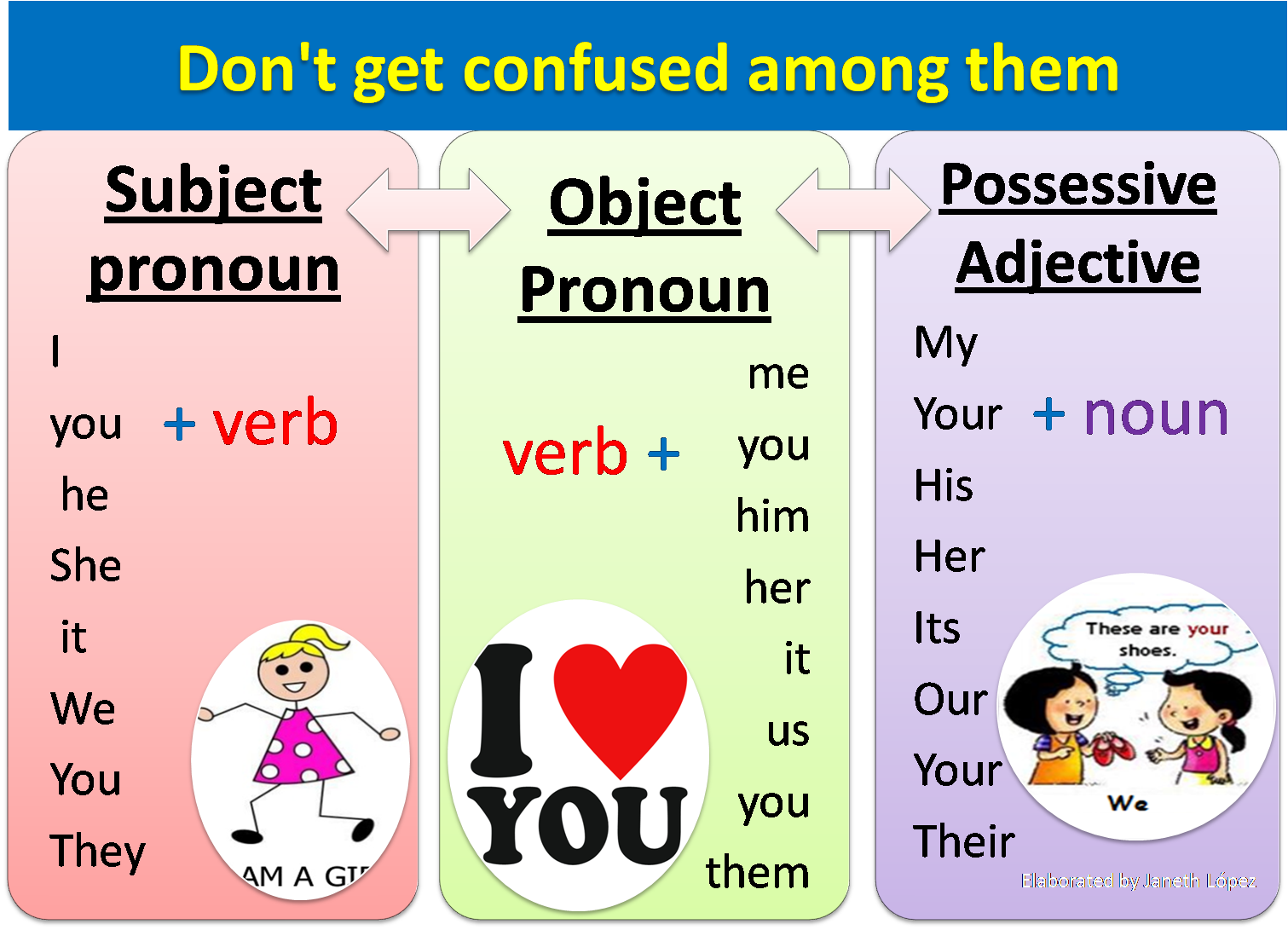

In this example, the interrogative pronoun is which. I n this example, the interrogative pronoun is what.

Interrogative pronounsĪn interrogative pronoun will be used in a question.Īn example use of an interrogative pronoun: In this case, the indefinite pronoun used is no one. No one else knows I have mismatched socks on. In this case, the indefinite pronoun used is everybody. The traffic jam meant that everyone was late. Other, anybody, no one, none, some, everybody, one In this case, you can refer to them with an indefinite pronoun. Indefinite pronounsįor some occasions, you will not need to name a person or an object. In this example, the antecedent is Henry, and the pronoun replacement is he. Henry is my dog he is loud and loves to run. In this example, the antecedent is family and replaced later by them. My friends are the best I love to be around them. An antecedent is a noun or a noun phrase that is replaced later in a sentence. It is a very versatile part of the English language. AntecedentsĪ pronoun can be almost anything. My plant is very large, that new pot will fit perfectly. The person who posted these cards forgot to leave a number. They, Them, We, You, Me, I, Her, She, He, and Him Relative PronounsĪ relative pronoun connects relative clauses to independent clauses. The change of pronoun stops the sentence from getting boring. In this case, the second Robert is replaced with ‘he’ and ‘my brother’. My brother has always enjoyed taking long naps. Robert has always enjoyed taking long naps. A pronoun is a word that replaces a noun to avoid repetition. What is a pronoun?Ī pronoun’s distinguishing feature is that within a sentence, you can replace it. When there is a plural noun that ends in s, the apostrophe is moved. You will see a possessive noun as it has an apostrophe. There are some exceptions.Ī possessive noun is a noun that possesses something. A plural noun will require a -s or a -es to be added to the singular form. Plural nounsĪ plural noun differs from a collection or group. The subject is always a noun-a person, thing, or a place that is being or doing the verb.Įdward and Louise are the subjects in each of their sentences. Nouns as subjectsĪll sentences have a subject. These are collective nouns, abstract nouns and concrete nouns.Ī collective noun is a collection or a group.Ī concrete noun is something physical, or real.Īn abstracts noun is something we cannot perceive. Generic (common) nouns can be put into three categories. That includes imaginary items, concepts, activities, and other objects. Nouns make up a lot of the English language. Nouns can play many roles within a sentence. A noun may be a person, a thing or a place. A noun is what we call the word that names something or someone.


 0 kommentar(er)
0 kommentar(er)
